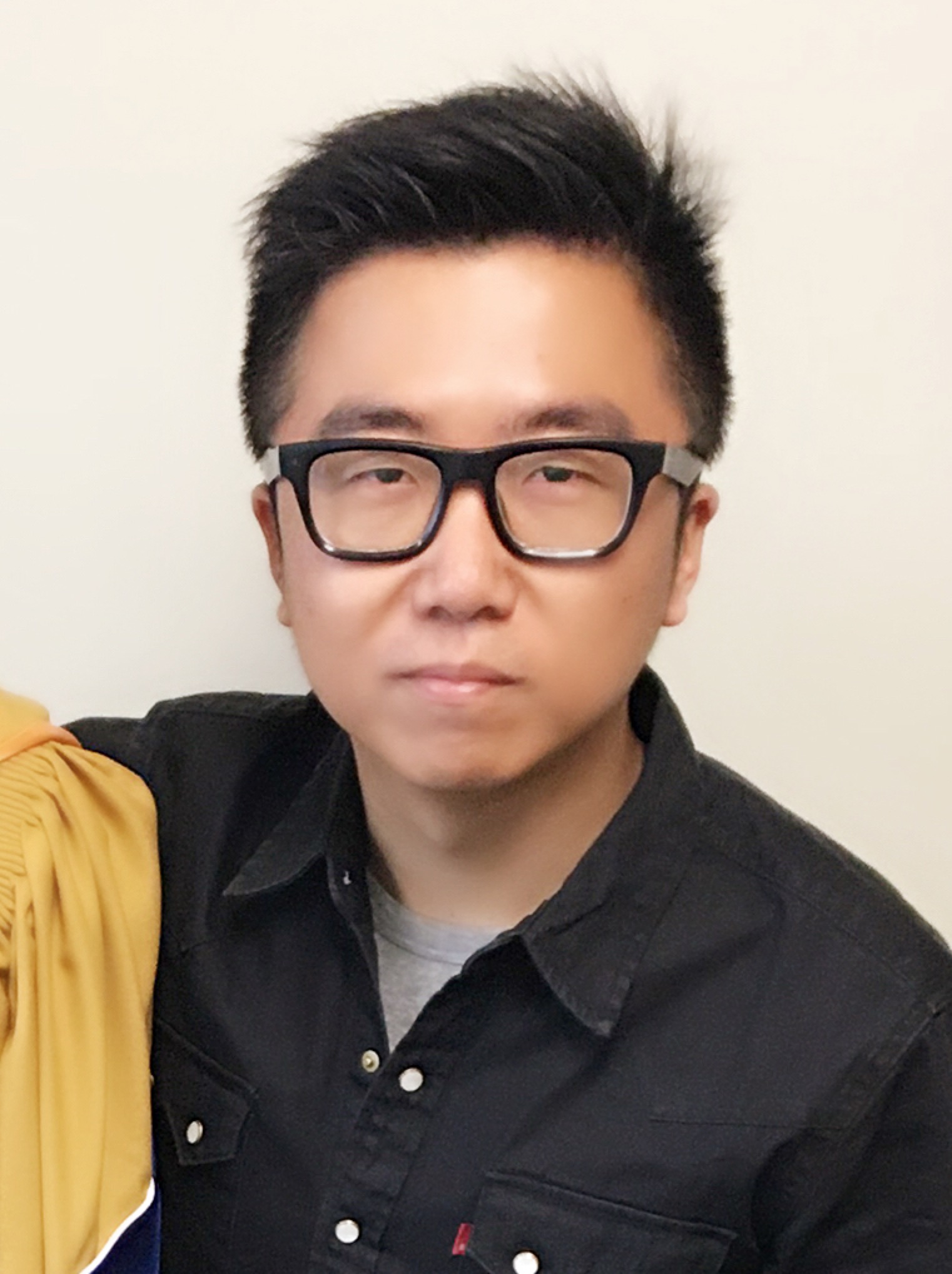Cheng Zhang (张铖)| SciFi Lab| Cornell

Cheng Zhang is an Assistant Professor in Information Science and Computer Science (Field Member) at Cornell University, where he directs the Smart Computer Interfaces for Future Interaction (SciFi) Lab. He received his Ph.D. in computer science at Ubicomp Lab at the Georgia Institute of Technology, where he was advised by Dr. Gregory Abowd (CS) and Dr.Omer Inan(ECE).
His current research interest lies in developing AI-powered sensing solutions for wearables to interpret human behavior in everyday activities. This involves: (1) Creating low-power, minimally intrusive, and privacy-conscious wearable sensing solutions to collect high-quality human behavior data in the wild. (2). Designing customized AI algorithms to understand human behaviors in real-world settings. (3). Developing downstream applications to support users when needed, in high-impact areas such as accessibility and health.
His work was recognized by multiple awards, including NSF CAREER Award, Ubicomp 10-year Impact Award and several best paper awards.
news
| Apr 10, 2024 | |
|---|---|
| Apr 02, 2024 | |
| Feb 01, 2024 | |
| Nov 22, 2023 | |
| Oct 17, 2023 | |
| Oct 17, 2023 | |
| Aug 15, 2023 | |
| Apr 15, 2023 | |
| Feb 01, 2023 | |
| Jan 01, 2023 | |
| Nov 02, 2022 | |
| Jul 02, 2022 | |
| Jul 02, 2022 | |